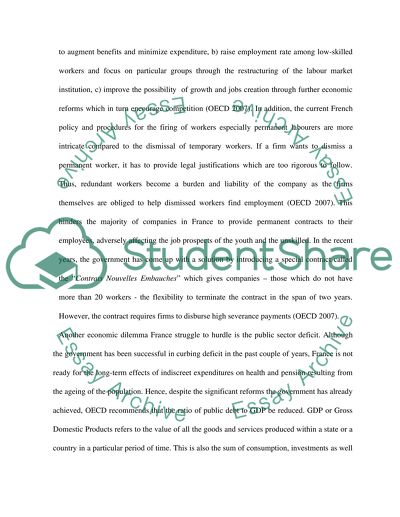Cite this document
(“Macro-Economic Policies Essay Example | Topics and Well Written Essays - 1500 words”, n.d.)
Macro-Economic Policies Essay Example | Topics and Well Written Essays - 1500 words. Retrieved from https://studentshare.org/politics/1507735-macro-economic-policies
Macro-Economic Policies Essay Example | Topics and Well Written Essays - 1500 words. Retrieved from https://studentshare.org/politics/1507735-macro-economic-policies
(Macro-Economic Policies Essay Example | Topics and Well Written Essays - 1500 Words)
Macro-Economic Policies Essay Example | Topics and Well Written Essays - 1500 Words. https://studentshare.org/politics/1507735-macro-economic-policies.
Macro-Economic Policies Essay Example | Topics and Well Written Essays - 1500 Words. https://studentshare.org/politics/1507735-macro-economic-policies.
“Macro-Economic Policies Essay Example | Topics and Well Written Essays - 1500 Words”, n.d. https://studentshare.org/politics/1507735-macro-economic-policies.


